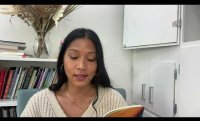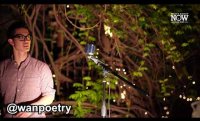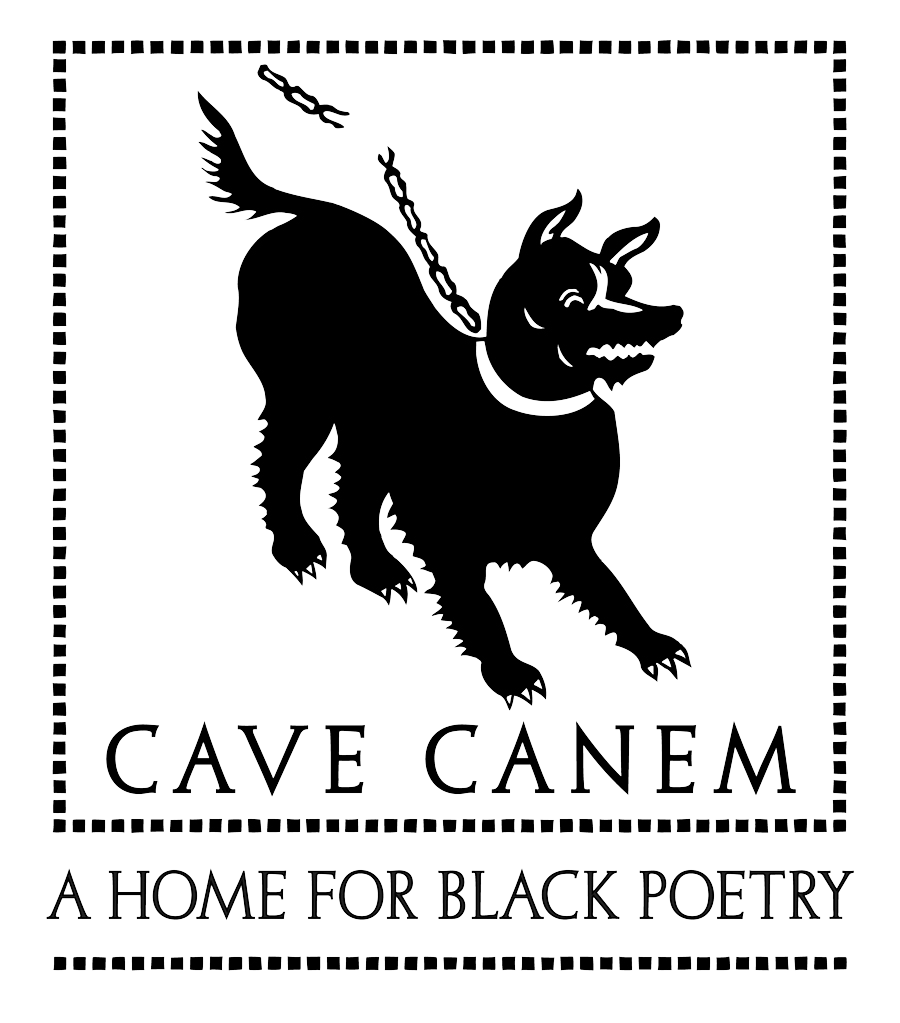Women Warriors Reading: Monica Sok
“There’s a sister who works so hard she never talks. / A sister who screams when she hears dogs bark.” Monica Sok reads “Sestina” from her debut poetry collection, A Nail the Evening Hangs On (Copper Canyon Press, 2020), for Women Warriors: A Solidarity Reading, presented by the Asian American Writers’ Workshop, which featured over forty Asian American women writers.











